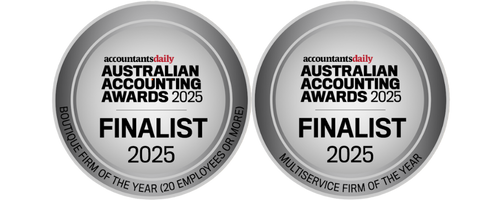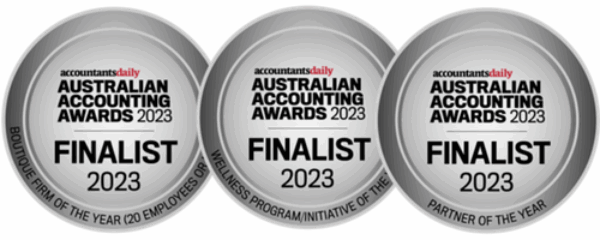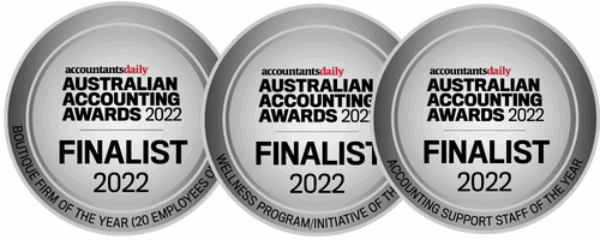In the world of investing, you may hear various levels of investors referred to as wholesale, sophisticated investors or retail investors in relation to a particular financial product or service.
But what does that mean, how can you determine which you are and what are the benefits of each?
In this article, Carolyn Duffy, Investment Administration Manager for Walshs, summarises the differences to be found between each investor type.
What is a Retail Investor?
All clients are treated as Retail investors unless they’re wholesale or sophisticated investors.
For example, anyone seeking home, motor vehicle, personal or travel insurances is a retail client.
In addition, anyone seeking superannuation advice would also be treated as a retail investor, unless they are a trustee of a superannuation fund, in which case different rules will apply.
Retail investors have access to external dispute resolution schemes, while wholesale investors generally do not.
Retail investors are also afforded protection under the Corporations Act and must be provided with a Financial Services Guide (FSG), Statement of Advice (SOA) and where appropriate, a regulated offer document such as a Product Disclosure Statement (PDS).
Finally, retail investors are afforded all the consumer protections contained in the Future of Financial Advice (FOFA) reforms.
What is a Wholesale, Sophisticated Investor?
Wholesale investors can access a wider, and more complex, range of investments and products, which may have an enhanced risk profile.
There are eligibility tests to determine if you can be considered a wholesale investor.
As a wholesale investor you are required to meet one of these tests:
Test #1 – Product value of over $500,000 in one business
Test #2 – Size of Business – measured by number of employees
Greater than 100 employees that manufacture goods
Greater than 20 employees for other businesses
In this case, the business itself can be treated as a wholesale client
Test #3 – Professional investors – mainly institutional investors and investment managers
Test #4 – Assets/income – a gross annual income over $250,000 in the last two financial years or net assets of at least $2.5 million
Test #5 – Controlled company/trust – Companies or trusts which are controlled by a person who meets the asset/income test can be treated as a wholesale client (the product/service is being acquired by the company or on behalf of the trust)
The Sophisticated Investor Test is also used to determine if you meet the wholesale criteria.
In this case, the AFS licensee responsible for the advice must be satisfied, on reasonable grounds, that the investor has sufficient experience to understand the risks involved, the merits and value of the product and has signed a letter of acknowledgement.
Why do the differences matter?
A wholesale investor requires less disclosure obligations, for example, Financial Services Guide, Statement of Advice, Product Disclosure Statements, as wholesale clients are assumed to be more financially aware.
However, wholesale investors do have access to more products and investment opportunities.
Retail investors are entitled to receive all disclosure documents, advice documents and fee disclosure statements. They also have the right to compensation and complaint handling arrangements.
Not all tests can be used in all situations. Applying the test to entities such as Trusts and SMSFs can raise difficulties, so it is important to discuss your situation with your adviser or accountant.
For more advice around your own personal circumstances please feel free to reach out to me by email or call 07 3221 5677.
By Carolyn Duffy, Investment Administration Manager, Walshs Practice











